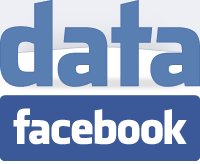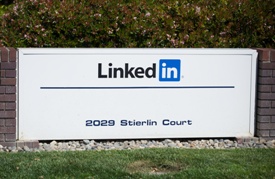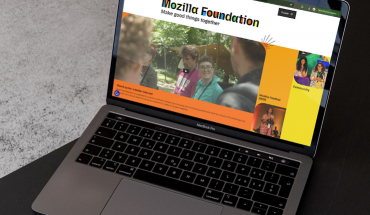By Lee Rickwood
Hundreds of millions of people around the world have made deep connections through social networks, sharing their stories, thoughts and ideas. Tens of millions here in Canada.

Facebook is planning a multi-billion dollar IPO, and realizing tremendous value from freely-contributed member data.
But the private companies that operate those networks own the content we have uploaded to them, and they have the right to monetize all that data.
Think of Facebook and its IPO, but don’t forget that many of the Web’s most profitable properties – Facebook, YouTube, Twitter, LinkedIn, etc. – have already made millions from the raw material that’s freely contributed by their members.
In this context, forget online security and personal privacy. Think corporate profit and the ‘privatizing’ of ‘public’ data.
Sure, it’s great to share – in many ways, sharing is a core human activity. We can all learn and grow and gain insight equally, if and when information is shared equitably.
But the ability to aggregate data and share it meaningfully is for those who can afford to do so – those that can assemble the human or technological resources required. Or afford to buy data from third party providers.
While much of the data we share we do so purposefully and consciously, that’s not always the case.

Hundreds of millions of Facebook users around the world share stories, photos and ideas across the social network. The freely-shared content is now worth billions.
In its filing, Facebook in fact identifies changing attitudes to online security and personal privacy as a potential business risk; the company identifies “privacy and sharing settings” as one way it creates value.
Data aggregators look at what we say and share, and what we do not. They look at where we are – and where we are not. They take note of what we search for, and what we do not. Our online behaviours (or a change in our behaviours) can be a goldmine of information – if you can afford to analyze all the information that’s provided, you’ll probably be able to monetize it.
The enterprise sees social networking as more than a fun activity; it’s a business plan. Whatever we post online (our words, our pictures, our pictures of other people, the list goes on) becomes the property of someone else.
So there’s enormous potential in this ‘Your Content, Their Profit’ crowd-sourcing model.
For example, LinkedIn, the social business network built around people’s self-contributed online résumés, had its IPO earlier this year, and was valued at some $4.3 billion. Groupon, bringing people together online in search of good deals, could be valued at $15 to $20 billion; its IPO is expected soon.

LinkedIn monetized its user generated content with a multi-million dollar IPO earlier this year. Photo credit: LinkedIn/Adam Barker
But none of the user generated content sites are expected to top Facebook.
Another interesting by-product of the Facebook IPO is that the company has to share information about itself now – something it had been reticent to do previously.
The new regulatory filings show what we’ve all suspected — Facebook is very profitable. The company has seen its annual revenue soar from $777 million in 2009 to $3.7 billion last year.
Facebook intends to limit the first share offering, and it has said it wants to raise some $5 billion in the first round.
But that initial offering of Facebook shares will be tightly controlled, with only a select group of investment companies and financial advisors getting any access at all to the shares, which will then be sold to a limited number of top investors.
Unless Facebook sends us all a cheque, the benefits we get in exchange for our contributed data are somewhat less tangible.
# # #



